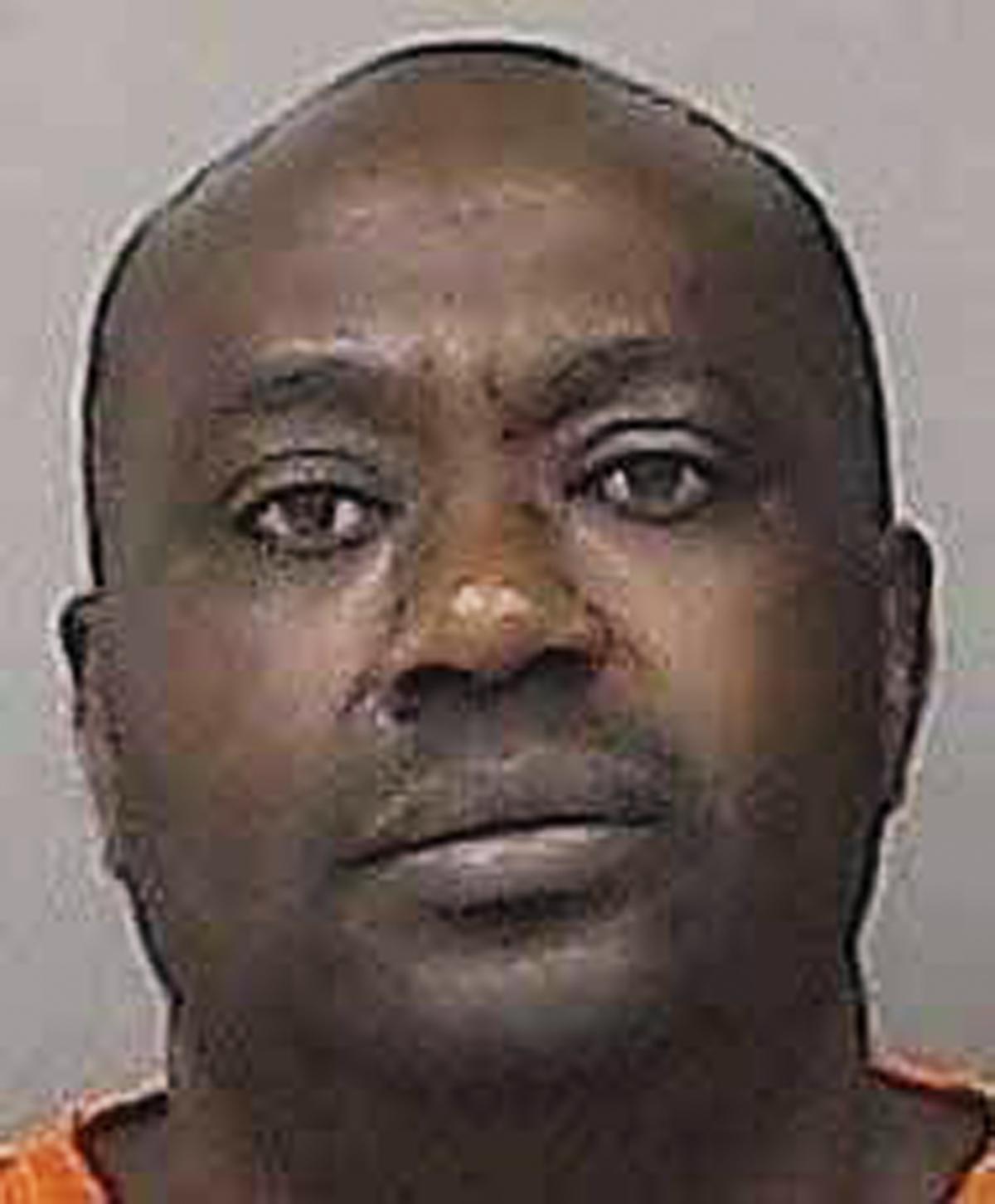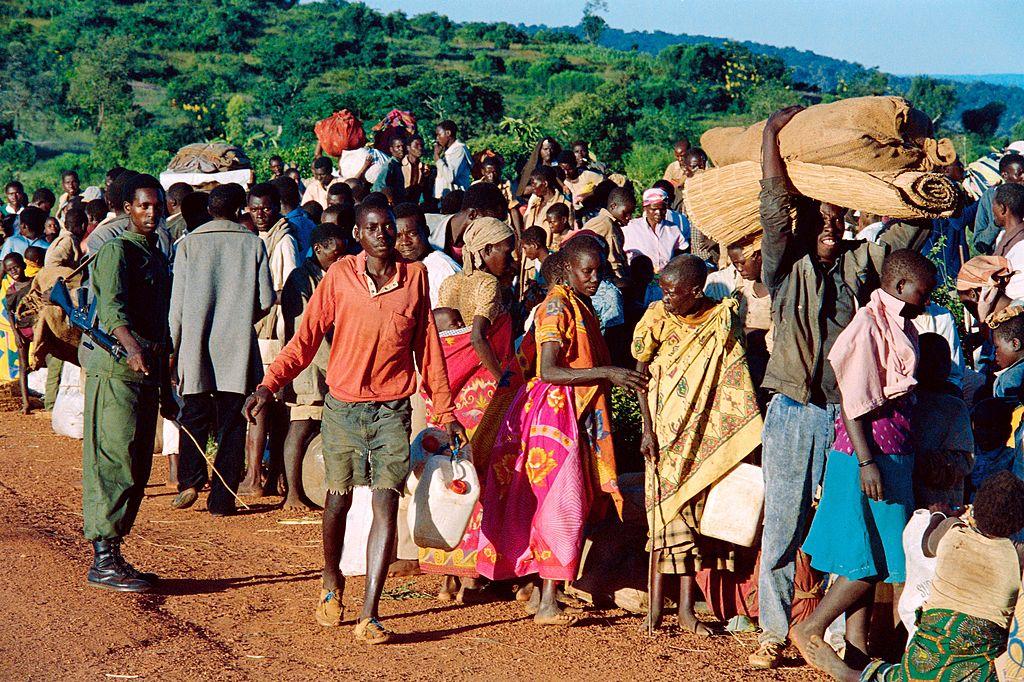CEDAR RAPIDS, Iowa—A Rwandan man who lied to gain entry into the U.S. after helping slaughter scores of people during his country’s 1994 genocide must serve 15 years behind bars before facing deportation, a judge ruled Thursday.
Gervais Ngombwa, 57, “is a violent individual who presents a danger to the community,” U.S. District Judge Linda Reade said.
“There isn’t a doubt in my mind that he was an active participant, indeed a leader, of the genocide in Rwanda,” Reade told a courtroom in Cedar Rapids, Iowa, where Ngombwa lived and raised a family for two decades.
The sentence following his conviction for immigration fraud caps a case that the Anti-Defamation League has called one of the most significant U.S. human rights prosecutions in recent years.
Federal prosecutor Rich Murphy said Ngombwa was a local leader of an extremist party during the genocide, in which the majority Hutu killed an estimated 800,000 Tutsis in an effort to destroy their ethnic rivals after peace talks collapsed. He said that Ngombwa wielded a machete as he personally butchered Tutsis, looted properties and drove a youth militia around the country to carry out mass killings of people seeking refuge in locations such as churches and a children’s orphanage.
Murphy glared at Ngombwa across the courtroom as he described what he called the “unspeakable acts” he committed during the 100-day genocide that killed one-tenth of the country’s population.






